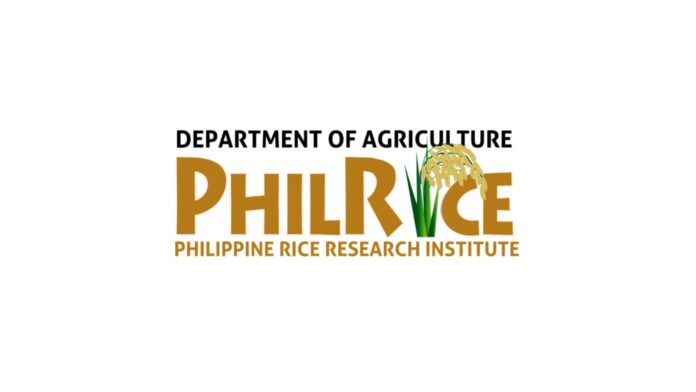The Philippine Rice Research Institute (PhilRice) is distributing 4.27 million bags of inbred rice seeds and widened the program to cover 77 rice-producing provinces instead of only 42.
The endeavor is jointly funded by the Rice Competitiveness Enhancement Fund (RCEF) Seed Program and the Department of Agriculture’s (DA) National Rice Program with a budget of P3 billion and P700,000, respectively.
PhilRice said each 20-kilo bag complements the hybrid rice production agenda pushed by President Ferdinand Marcos Jr. under the food security banner.
Hybrid seeds from superior parents yield more rice compared to inbred seeds. However, some farmers still prefer inbred seeds over hybrid ones as the latter are stress- and disease-resistant although more expensive.
Flordeliza Bordey, director at PhilRice, said the seeds translate to 1.97 million hectares in 1,319 cities and municipalities across the country.
But she acknowledged that Batanes, Basilan, Tawi-tawi and Sulu are not included due to their limited rice areas.
PhilRice said the inbred rice varieties for distribution were selected based on their adaptability to local conditions and resistance against pests and disease outbreaks and sourced from local seed growers cooperatives and associations.
The RCEF Seed Program is a component of the Rice Tariffication Law that sets aside P3 billion each year to develop, propagate and promote high-quality inbred rice seeds that helps improve the competitiveness of local rice farmers.







